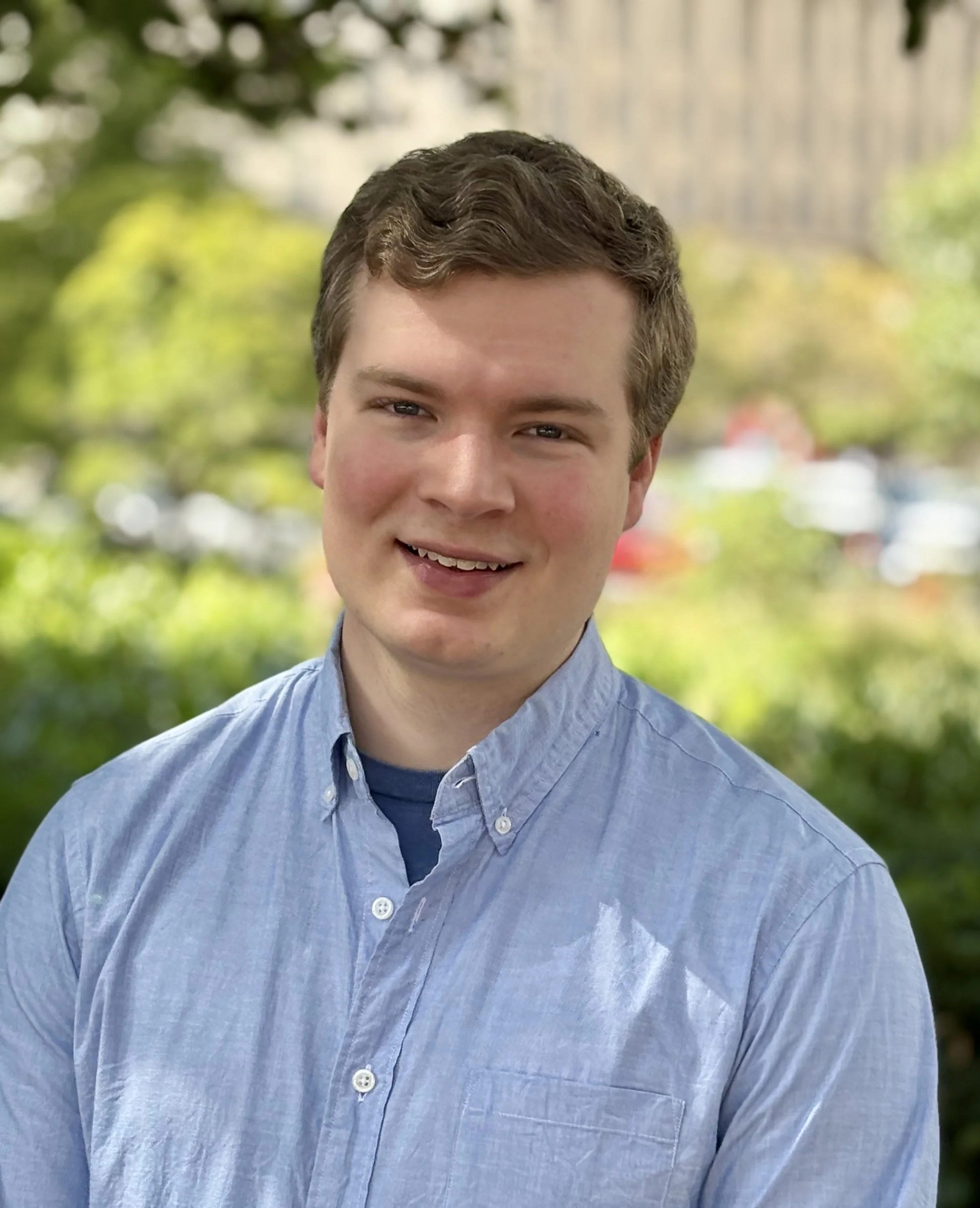Dr. Ben Hord
As an astrophysicist at NASA’s Goddard Space Flight Center, I’m obsessed with studying exoplanets — planets that orbit stars other than our Sun — in order to learn how planets form and which ones may harbor life. From small planets with blistering surface temperatures to enormous gas giants larger than Jupiter, I’m keen on understanding the different types of planetary systems that inhabit our galaxy. By harnessing the power of large data sets from survey observatories and combining them with more pointed follow up, I probe not only exoplanets on the population level to understand larger trends, but dive deeply into individual keystone systems that enhance our understanding of the whole.
I am currently a NASA Postdoctoral Program Fellow at NASA’s Goddard Space Flight Center working on the Pandora SmallSat mission, a low-Earth observatory that will determine whether there is water in the atmospheres of at least 20 exoplanets while simultaneously studying their host stars. I am a member of the Science Operations Center and the Science Team, in which I am integral to the operations of the mission operations and execution.
I obtained a BA in Astrophysics and a BA in History from Columbia University, after which I obtained my MS and PhD in Astronomy from the University of Maryland, College Park. I have been actively studying exoplanetary systems at NASA for almost 7 years and have led and contributed to the discovery of almost four dozen exoplanets.
